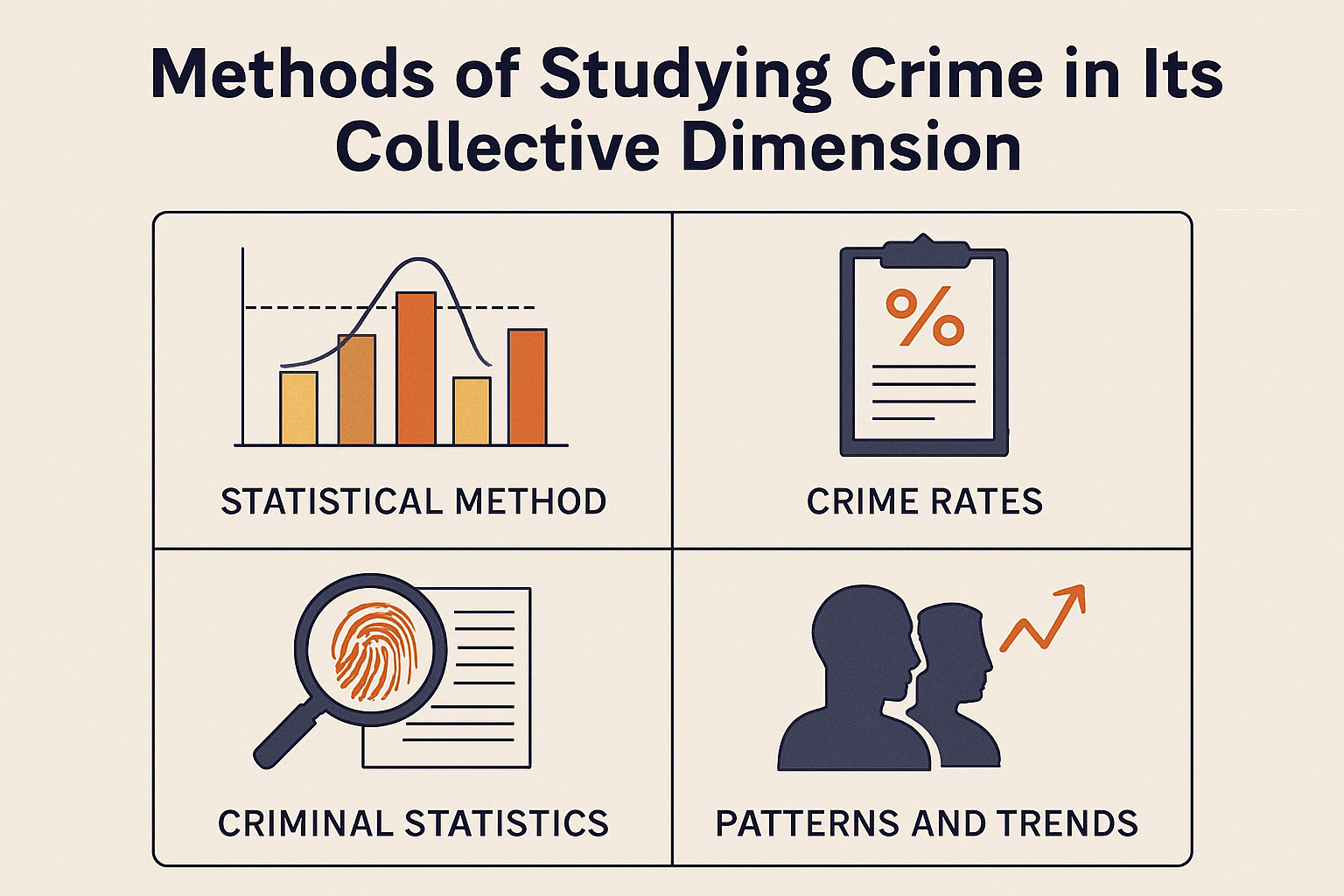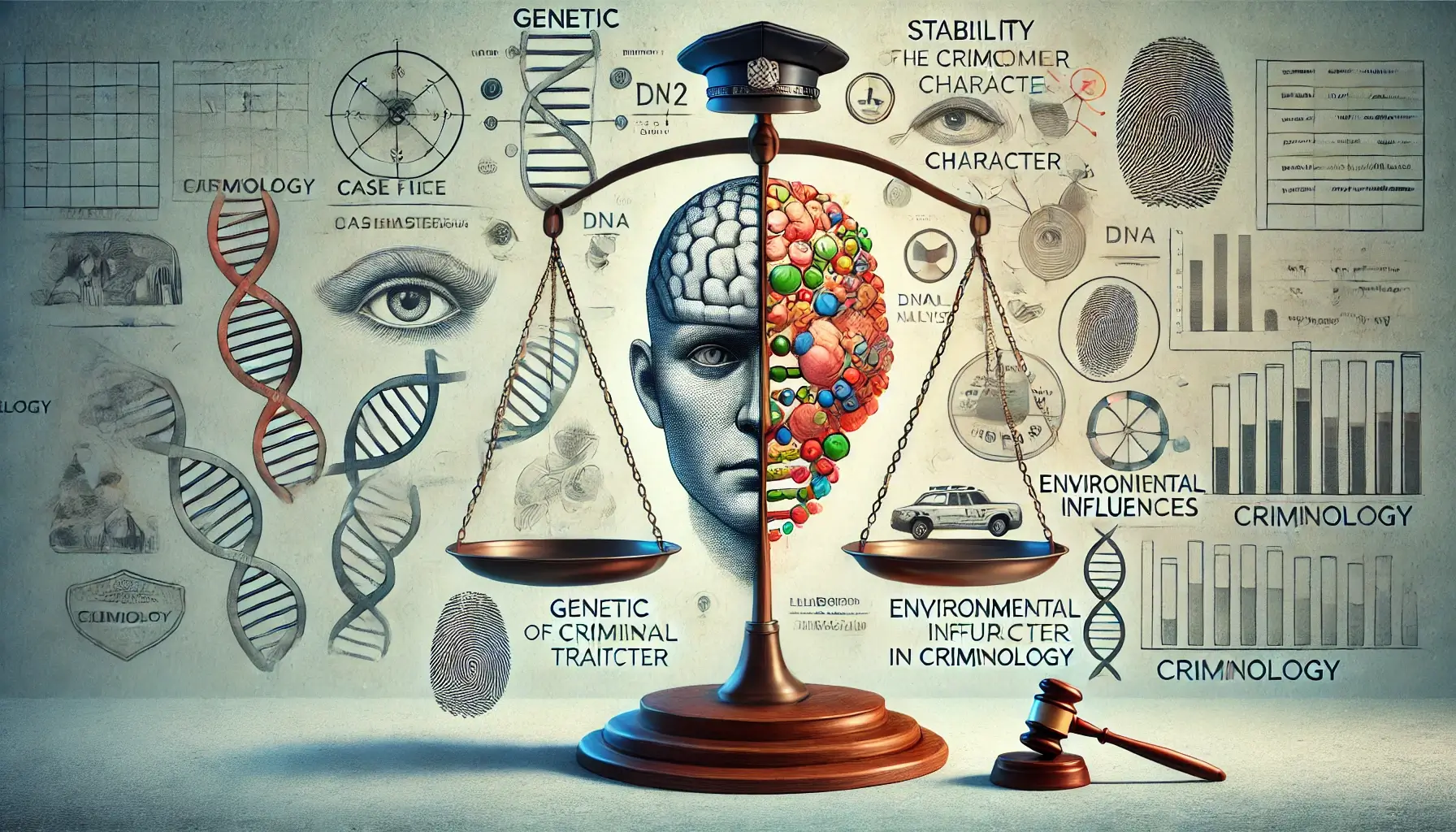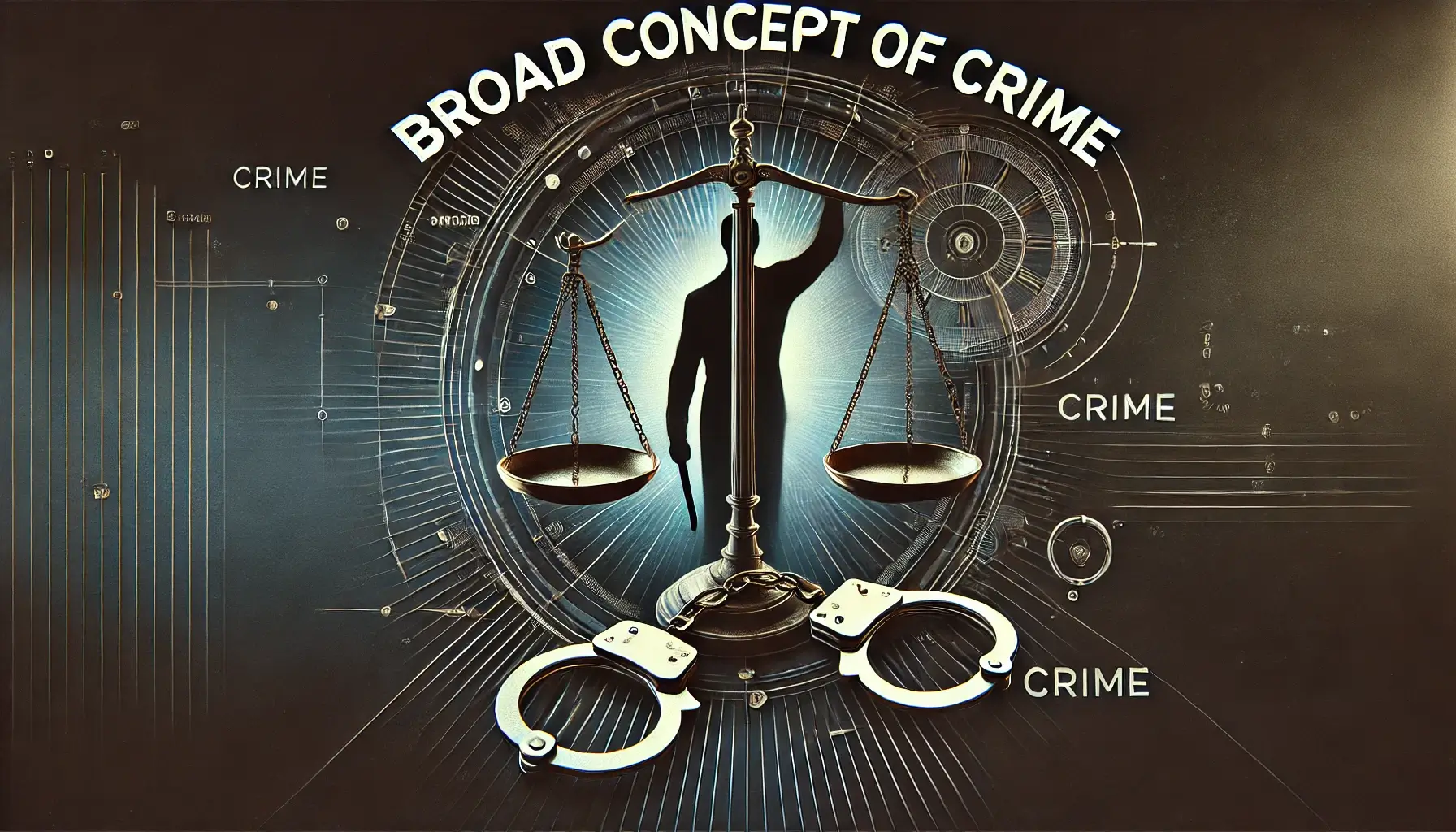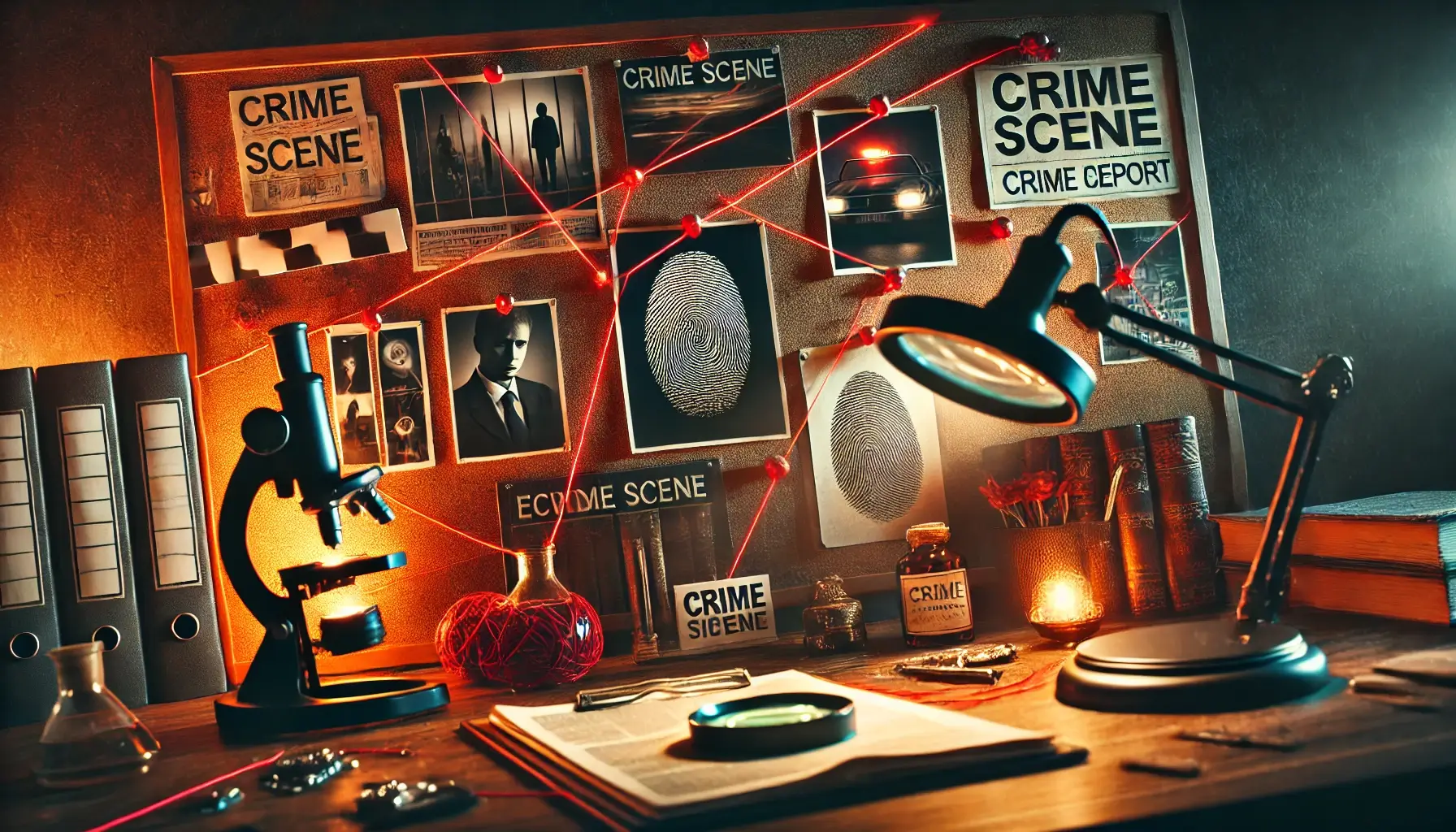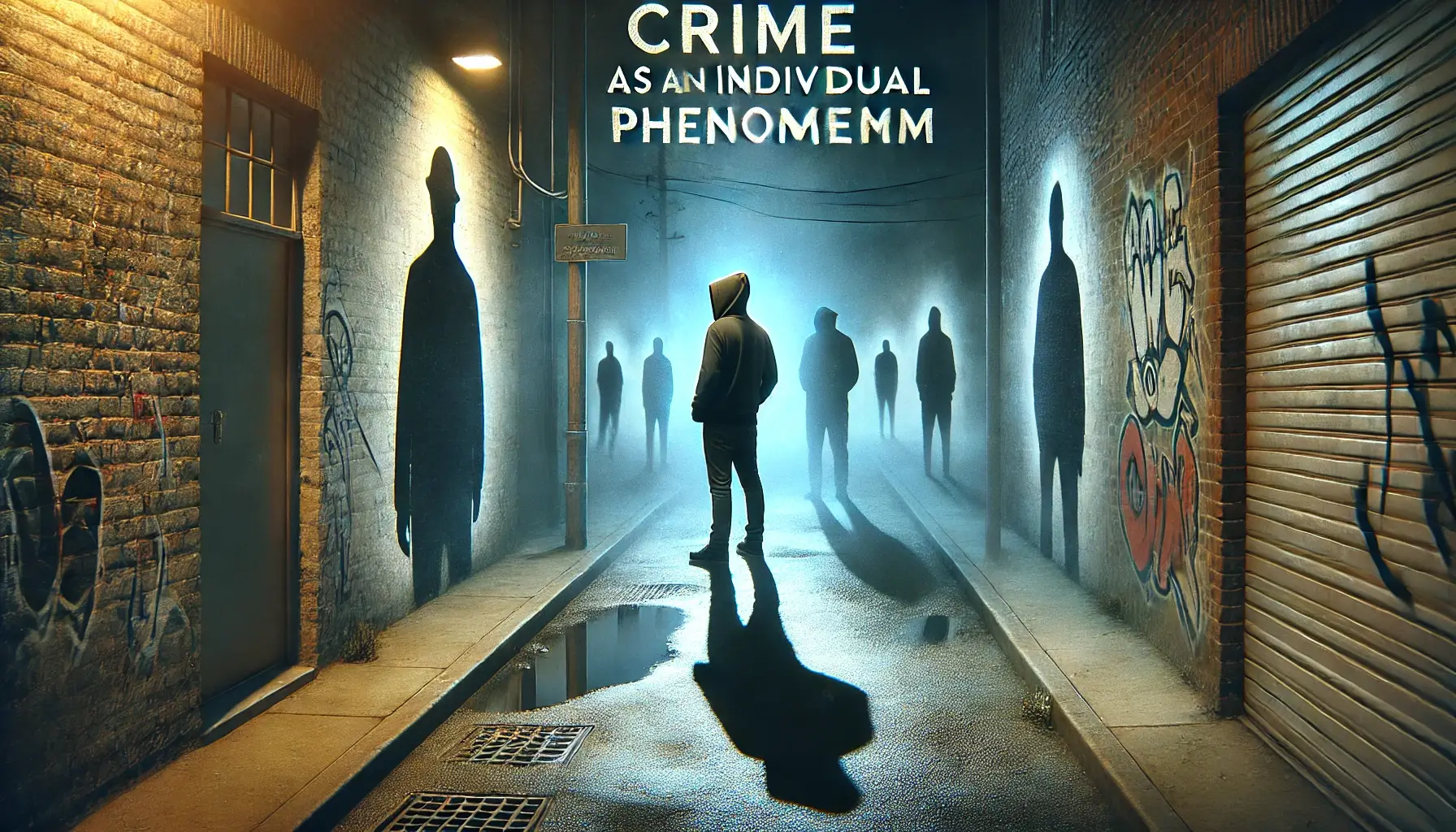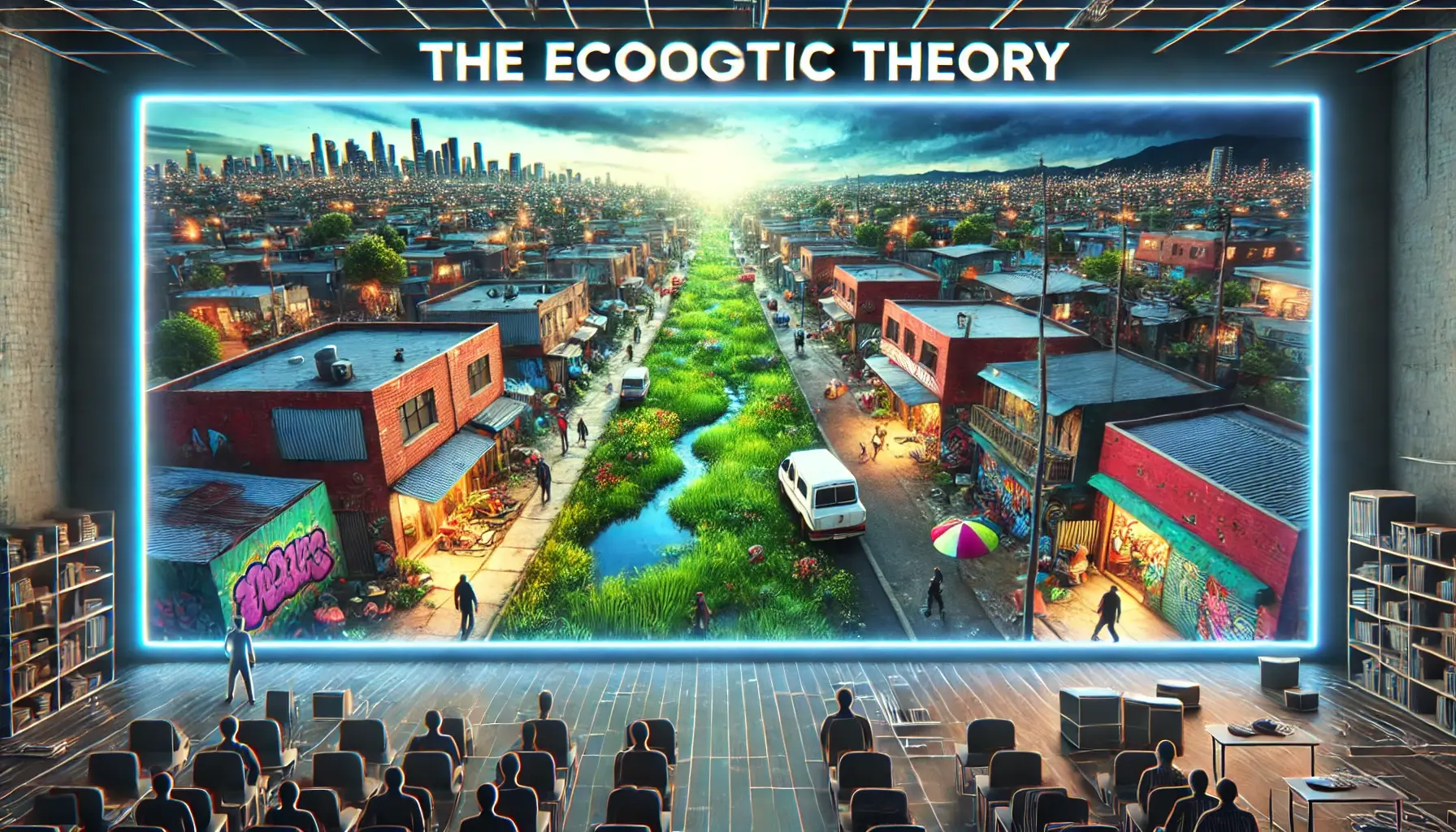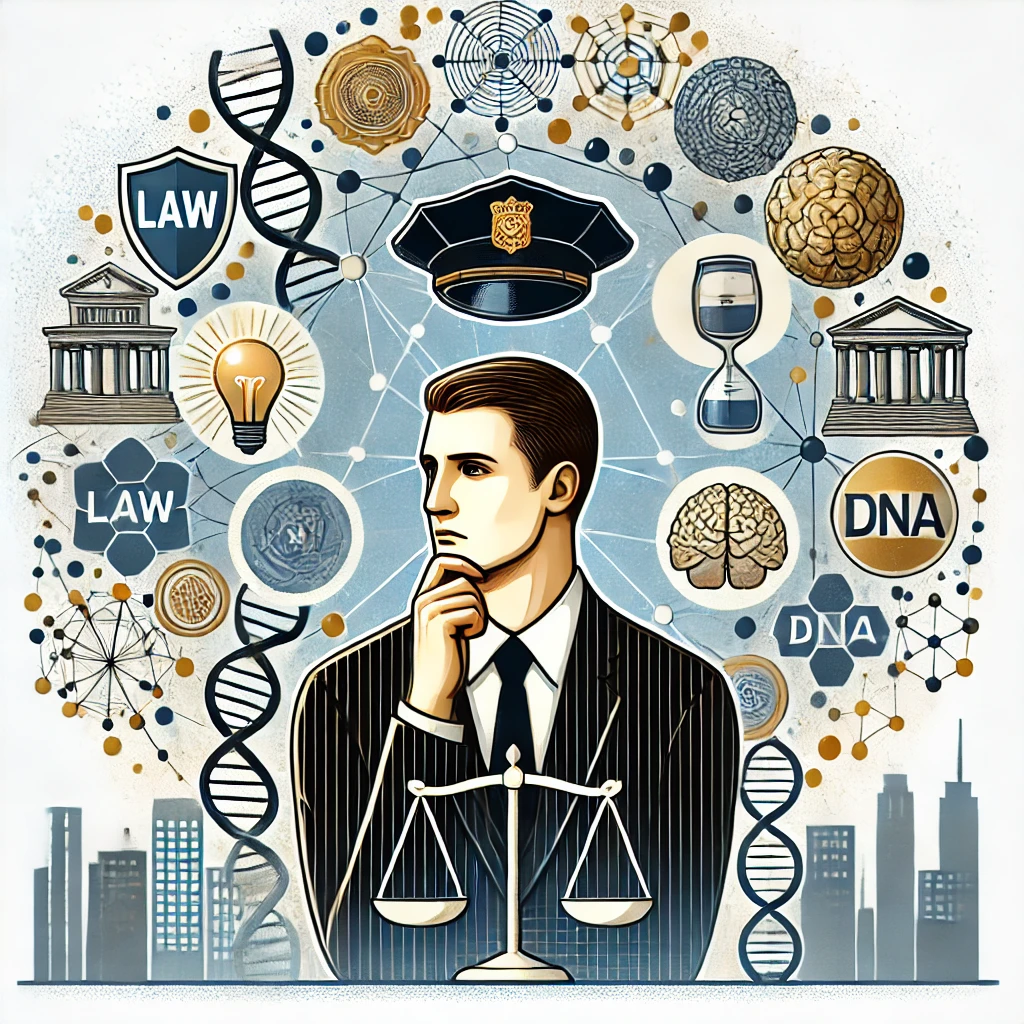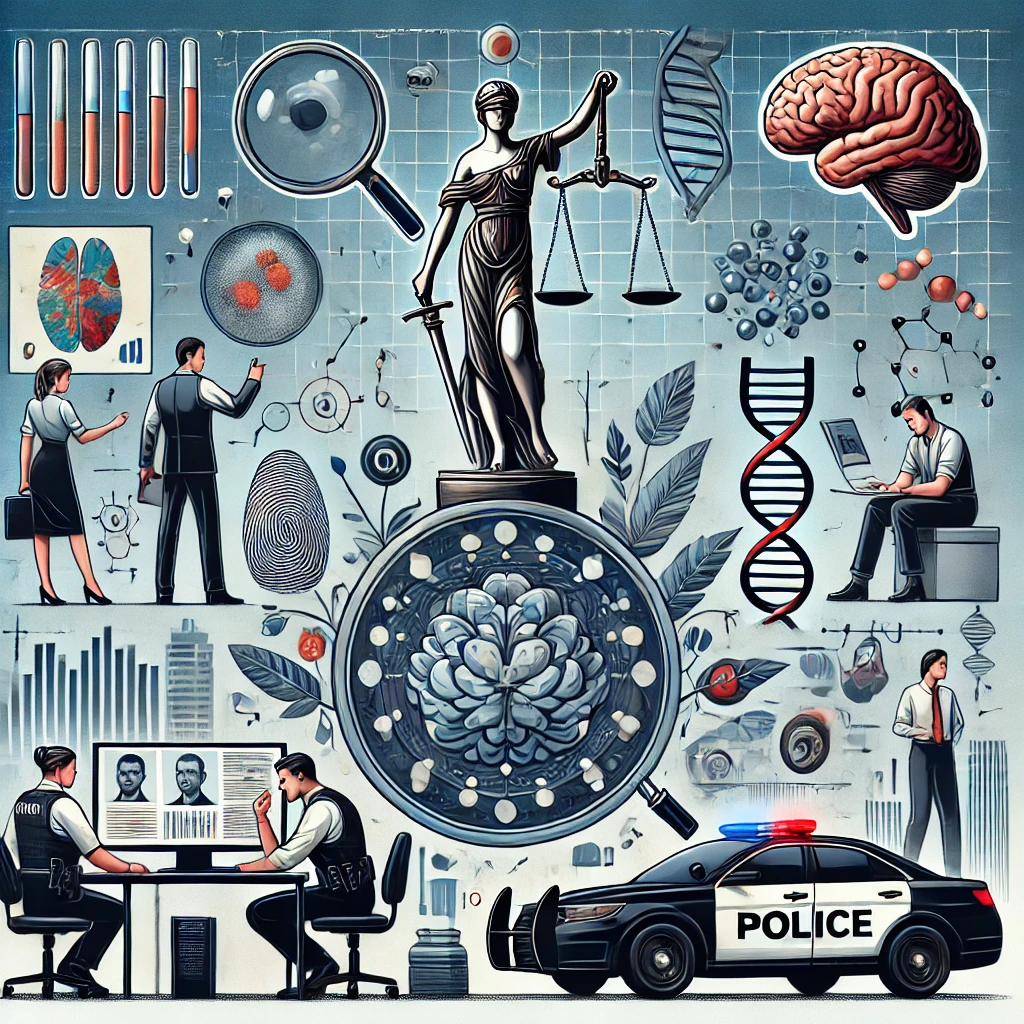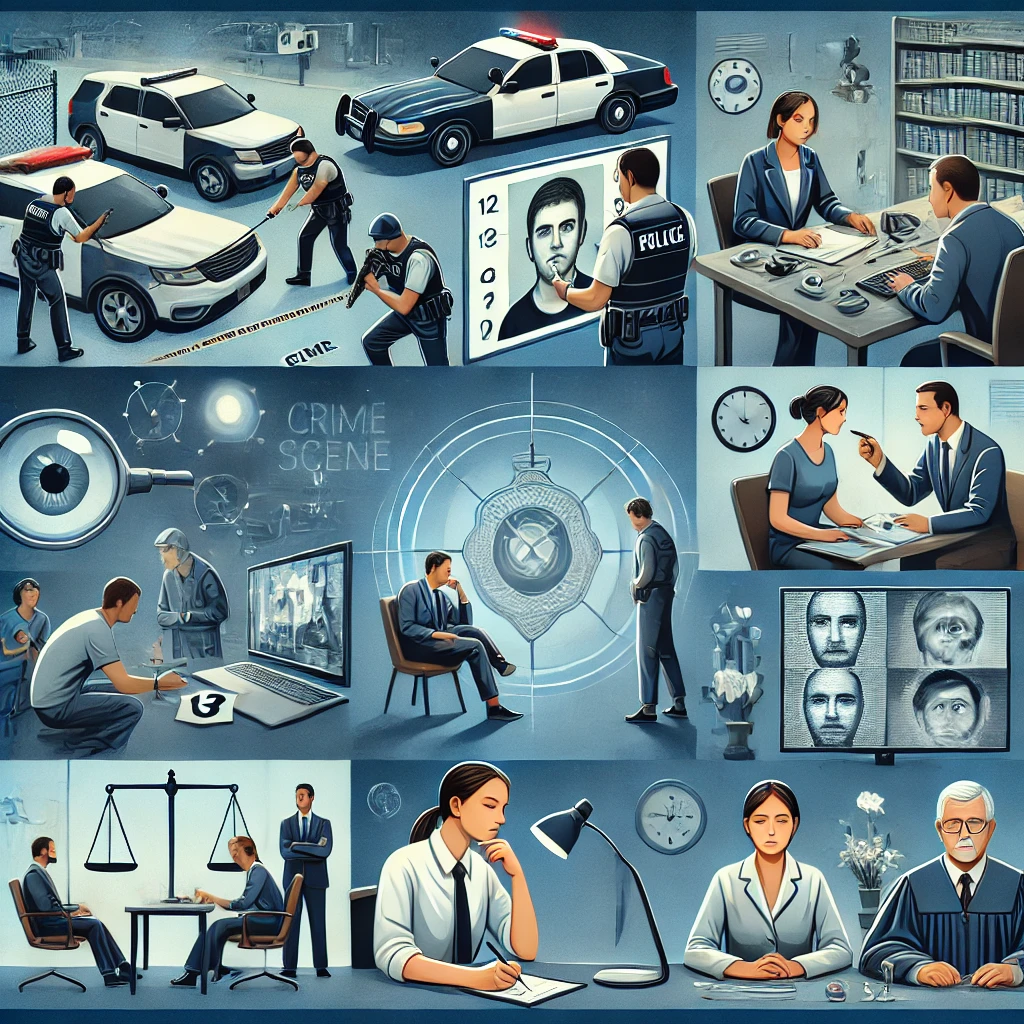Methods of Studying Crime in Its Collective Dimension: The Statistical Method and the Scientific Value of Criminal Statistics
Studying crime is an essential aspect of criminology, particularly when we consider crime in its collective or social dimension. The behavior of individuals within a society and how that behavior contributes to crime patterns on a larger scale can tell us a great deal about both the state of the justice system and the broader … Read more

